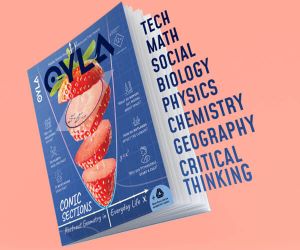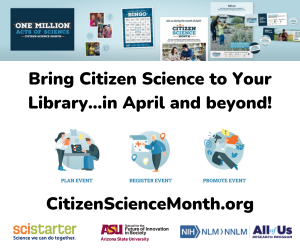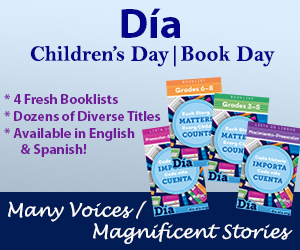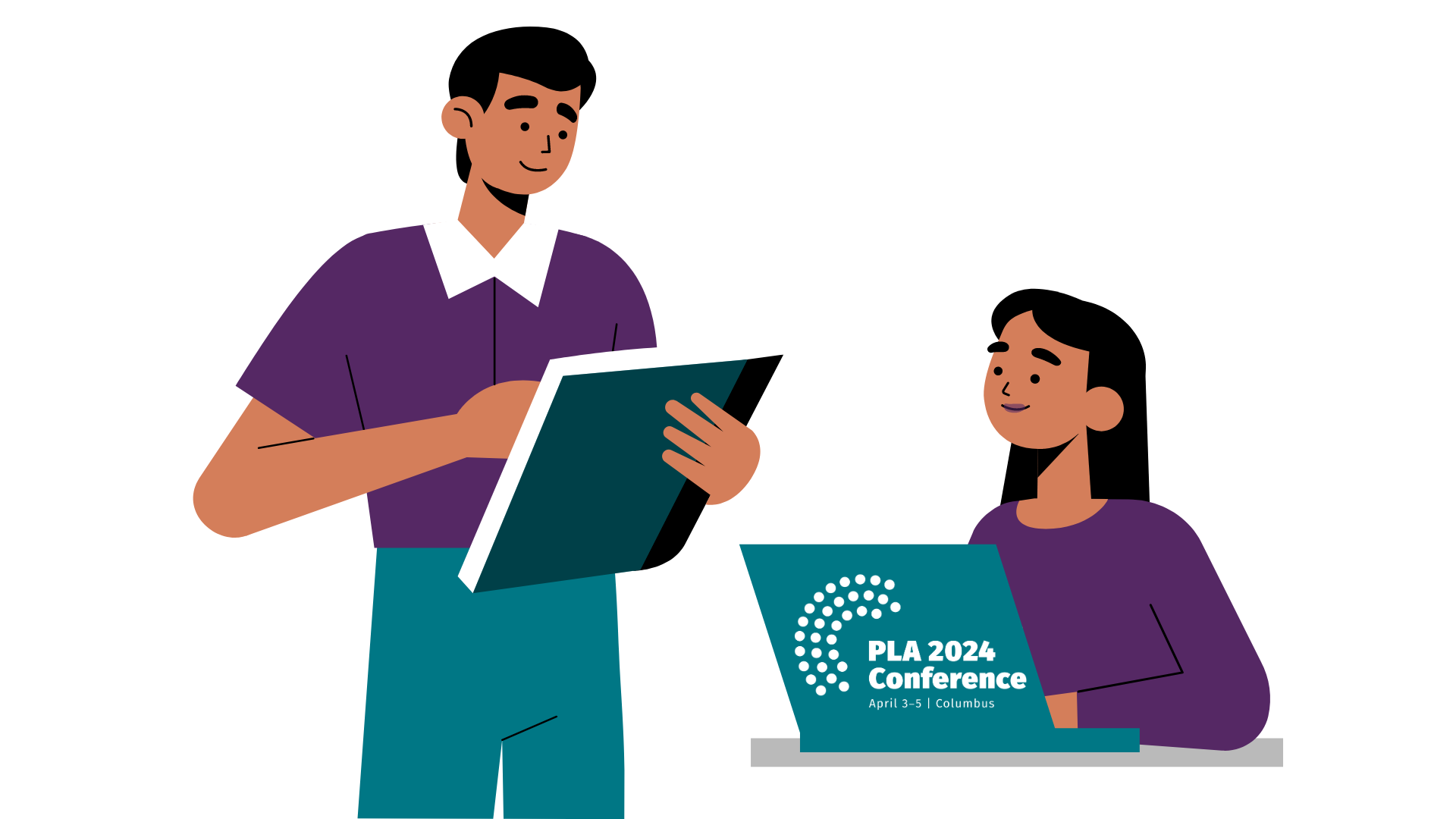(Still) Justifying Wikipedia
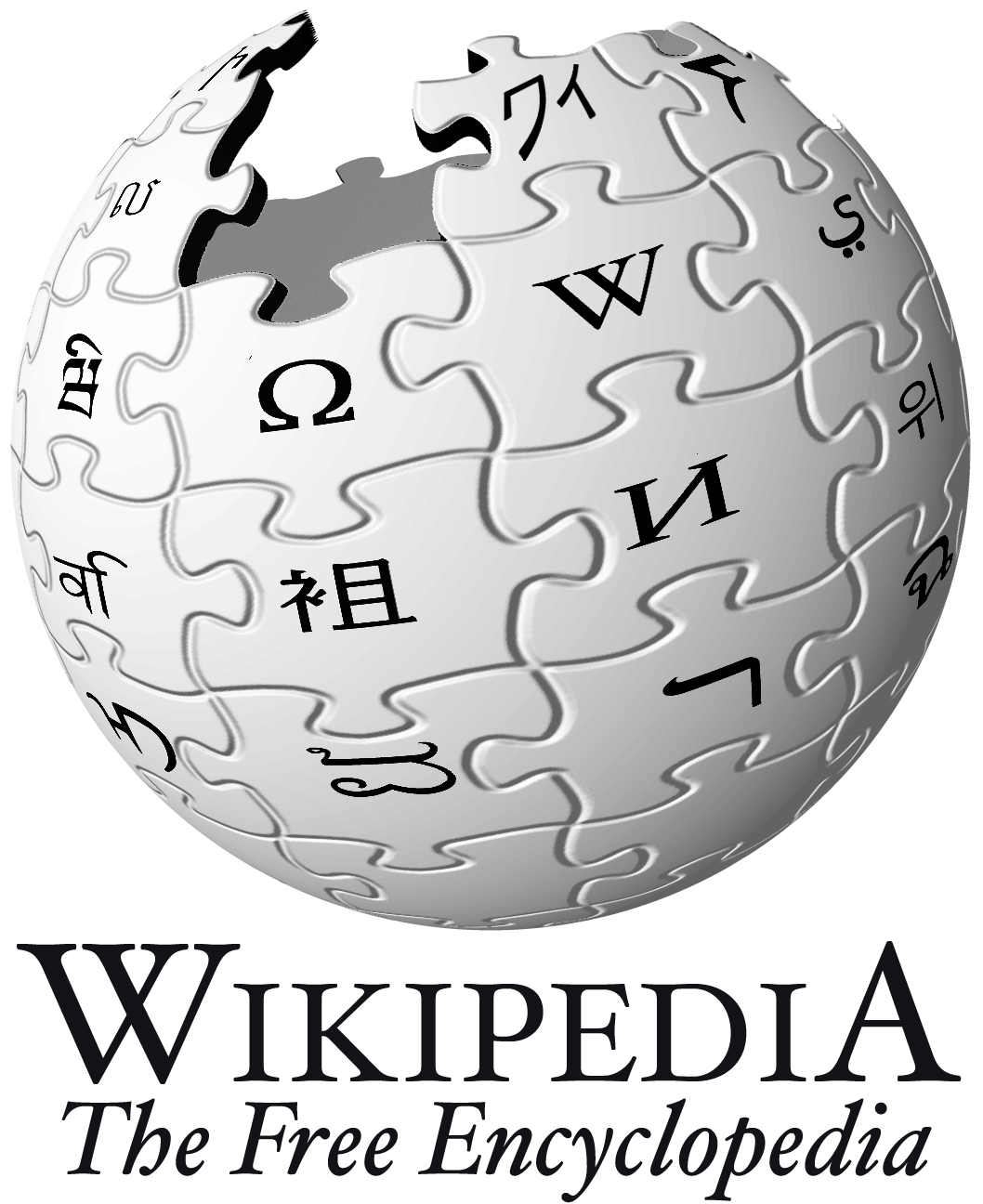
English Wikipedia recently celebrated a milestone—its five millionth article was published. Some librarians love Wikipedia and some hate it, but for the English speaking world in general there’s no question—people love Wikipedia. Using the reference section is one way to make it acceptable for even your most important research needs.
Official Use
Every librarian, researcher or graduate student knows the dual truisms of Wikipedia:
1) Wikipedia can’t be trusted.
2) We all trust Wikipedia anyway.
This doublethink is something we’ve managed, for the most part, to work around. For example, many use Wikipedia for personal questions but trust EBSCOhost for official reference work, or use Wikipedia for reference questions but only if the patron can’t see the screen. Whatever justification we’re using is an acknowledgment that we use Wikipedia at least much of the time.
Justifiable Use
Though officially I stress caution, I maintain Wikipedia is a fine resource. Whether using it for something that really matters (like a school essay) or just killing time reading about ramen, a reader should be careful.
The student essay example is the easiest to describe. Students are getting information from Wikipedia. If they’re looking up info for their 1984 essay, it doesn’t matter that they’ve been told Wikipedia is doubleplusungood, they’re using it anyway. They can’t be talked out of using it. But they can be taught to use it effectively.
I find that more important than the articles is Wikipedia’s reference section. The articles can only be judged on whether or not they’re written authoritatively, and if the reader is new to the topic it’s difficult to tell. I often tell students who are lost to start on Wikipedia, but instead of stopping there to pick through the reference section. Those references are more often than not from legitimate sources, and at least sources that (unlike Wikipedia) can be fairly judged for their reliability. More important, there are often a lot of them. For example: the Wikipedia page for ramen has twenty-five references. The novel 1984 has seventy-eight. Then there’s the “See also,” “further reading,” and “External links” sections. With all this in one place, Wikipedia is a great jumping off location for a deeper or broader search on a topic. Even if the article has mistakes, it’s still useful.
Wikipedia: Doubleplusgood
Even though most users rely on Wikipedia with virtually no oversight, it certainly isn’t flawless. It’s sometimes outright wrong, and sometimes weirdly useless (the article on the Potato Doughnuts explains, “Much like flour doughnuts, potato doughnuts are often accompanied with coffee.” Really, doughnuts with coffee? You don’t say, Wikipedia!). But all failures and jests aside, there’s a reason Wikipedia has been around for an internet eternity of fifteen years, and a reason English Wikipedia reached its five millionth page. Wikipedia has proven, mostly, to be reliable.
Ten years ago librarians, researchers, and academics spent a lot of time questioning the merits of Wikipedia as a resource. To do that in 2015 misses the point. Like it or not, Wikipedia is a resource. A high school student right now doesn’t remember a time when Wikipedia wasn’t one of their primary sources of information. And with five million articles in English alone, few topics are so esoteric that they don’t have a page (to drive the point home: “Esoteric” has a Wikipedia page with 129 references). Those who haven’t accepted Wikipedia may cling to their solid points, but they might as well get on board. And using Wikipedia as a source for references is a good middle ground.
Links:
English Wikipedia surpasses five million articles
Add Pic


